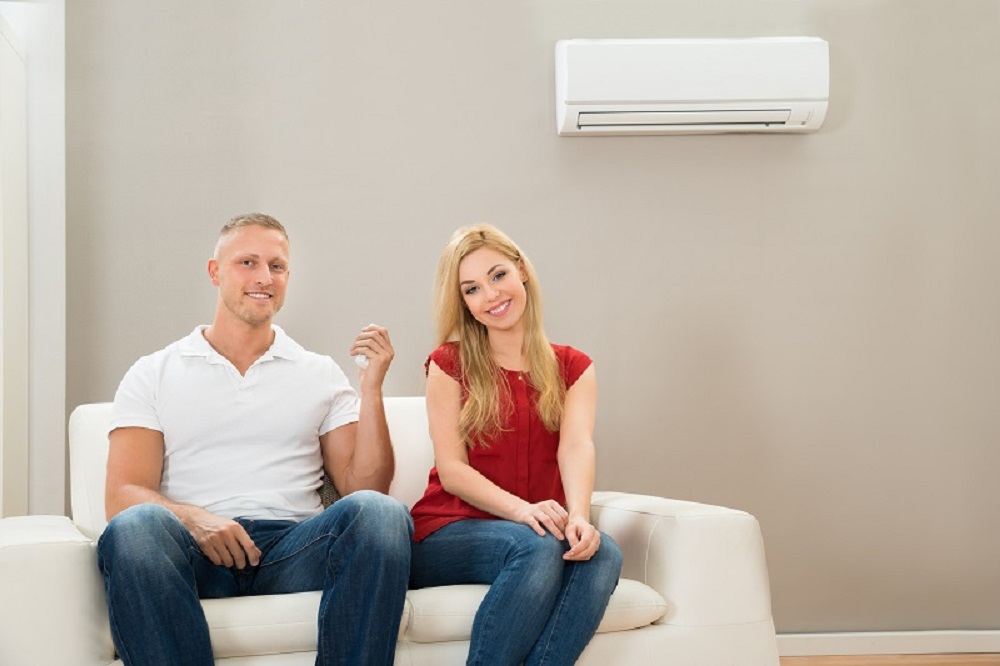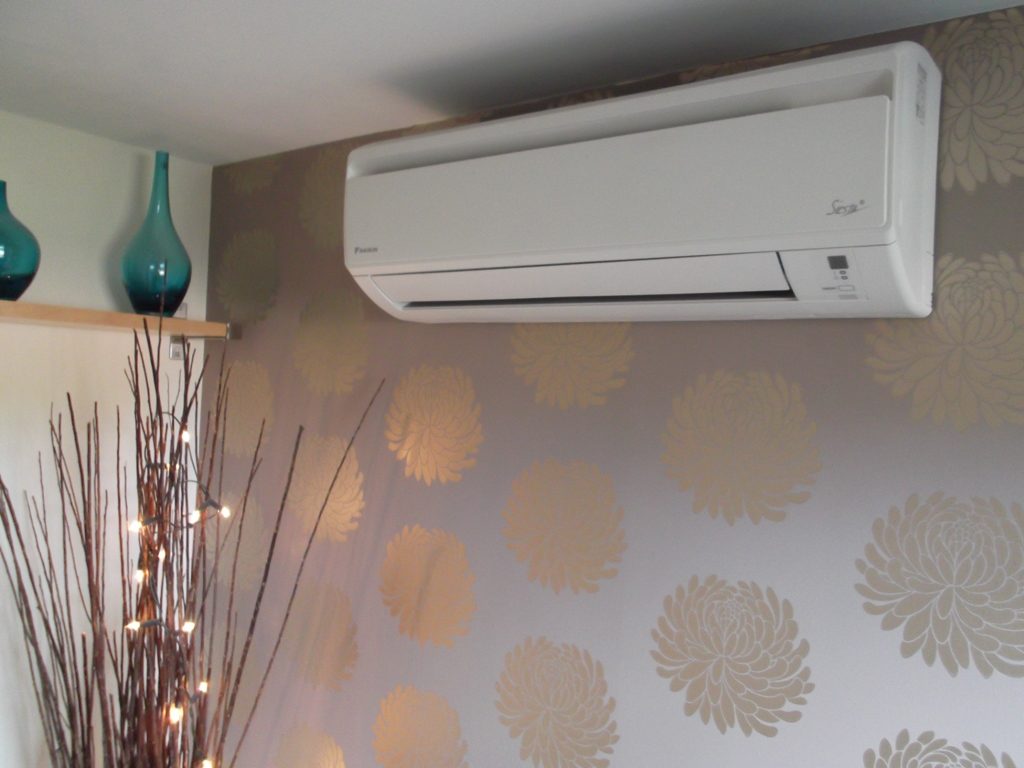Australia’s temperatures reach boiling point every summer, meaning no home can go without an air conditioner. But with so many different types and brands on the market, how do you go about choosing an air conditioner? We break down some of the things you should consider, and provide some helpful tips to make the buying and installation process less confusing.
The Type of Air Conditioner System
Different types of air conditioner systems suit different homes and lifestyle situations. Here’s a breakdown of the most common ones:
#1. Split system:a split system air conditioner consists of an outdoor unit and at least one indoor air outlet. These are good for cooling one or more rooms, including an open plan living/dining area.
#2. Inverter systems: inverters vary the compressor speed, rather than working at either 100% capacity or completely off like other air conditioners. This makes them more efficient and cost-effective to run, as they operate within a set, narrow range instead of going at full blast the entire time.
#3. Cooling only or reverse-cycle: the major advantage of reverse cycle air conditioners is that they can be used for heating during winter. This means that the initial start-up costs can be high, but this will pay off with savings in the future.
#4. Wall/window: These air conditioners are installed in a window or external wall, being used to cool rooms and open-plan areas. However, these are generally less efficient compared to newer technologies, meaning you might even struggle to find them in stores.
The Right Fit
One thing that many shoppers overlook is the size of the air conditioner, in terms of its power capacity. An air conditioner that is too small will not efficiently cool down your space, while one that is too big will consume excess energy. Calculate the required capacity of your room size (there’s handy online calculators for this!) to ensure you get the perfect fit.
Consider the Recommended Operating Range
If you live in a particularly extreme climate, you will need to ensure that the air conditioner you choose can meet the demands of such weather conditions. Most air conditioners can handle temperatures up to 45°C or as low as -10°C, but if you expect temperatures outside of this range, look into models with a broader operating range.
Humidity is also another factor to consider, because air conditioning systems like evaporative coolers will not fare well in high humidity areas of Australia like Darwin.
Noise
Some air conditioners can be noisy, which can disturb your sleep or general enjoyment of the space. If you live in an apartment, you need to be especially considerate of this. An outdoor wall-mounted air conditioner may not bother you, but your next-door neighbour may have to deal with the constant whirring of the machine.
Also Read : Benefits of Air Conditioning Systems
Prioritise Energy Efficiency
Going for energy efficient models has numerous benefits, for both the environment and your wallet. Have a look at the energy star rating, as this indicates lower running costs and greenhouse gas emotions.
Also consider a model that features DREDs (Demand Response Enabling Devices), which allow energy companies to remotely control air conditioners when electricity demand is high, such as during a heatwave. This helps to lower your power consumption and also takes some strain off the grid, preventing power outages.

Installation
Don’t overlook the potential installation costs and requirements, as this is a part of the air conditioner shopping process as well.
Only entrust the installation to licensed professionals, who will ensure that your warranty lasts you. This is also the team you should call for any repairs or regular maintenance you need. Your installer will know the optimal location to install the air conditioner, and in the case of an outdoor unit, will do it on a firm base like a concrete slab or wall.
When installing an outdoor unit, make sure that it is shaded from direct sunlight, as this can cause the unit to overheat and malfunction.
Finally, after all the shopping around, research and the actual installation, ensure you keep your air conditioner clean and well-maintained. There are some maintenance jobs you can do yourself, such as changing the filters. Others, however, are best left to the professionals. An annual inspection by a professional is recommended.